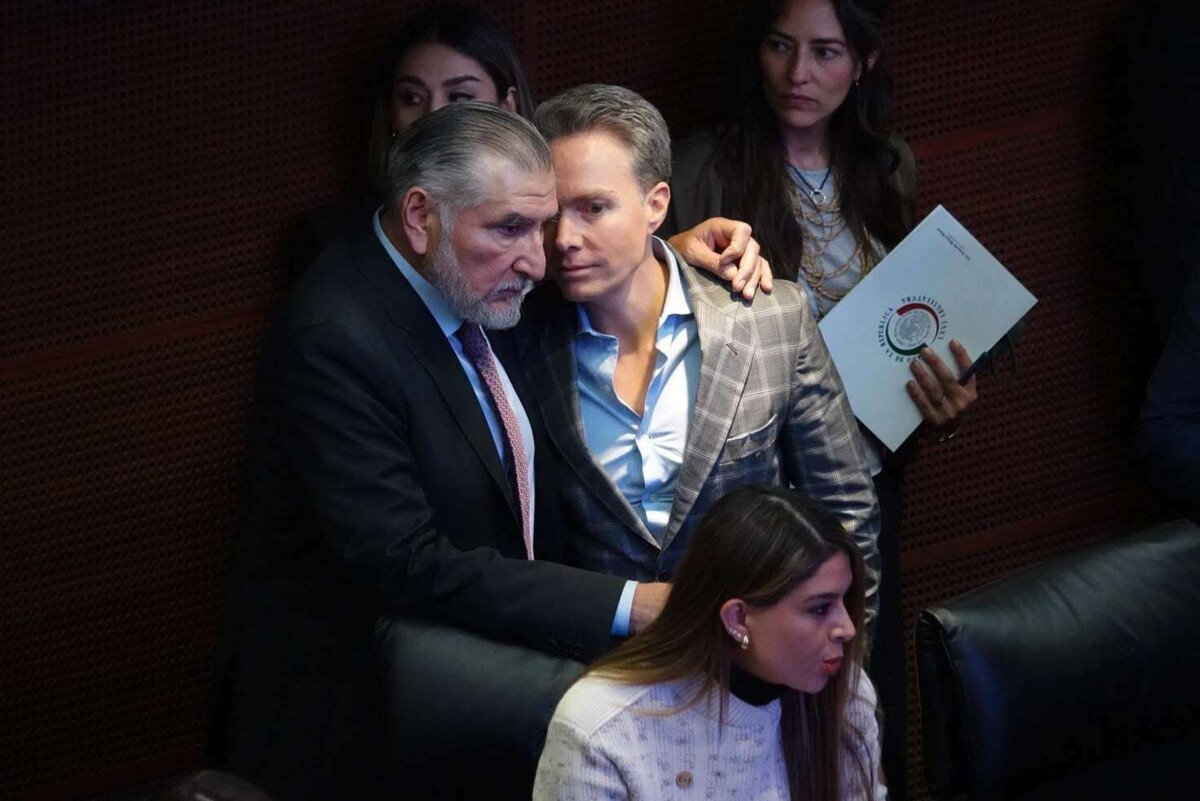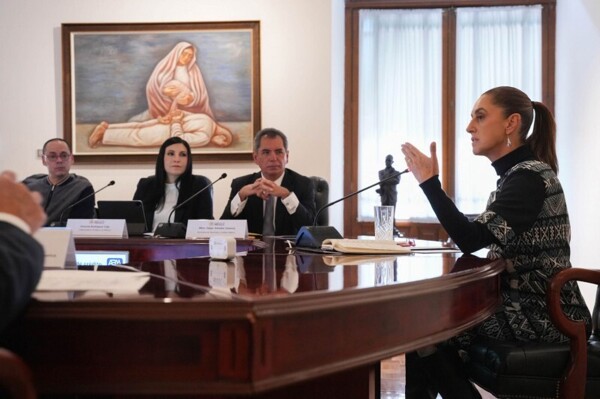
The presidential initiative on nepotism and non-reelection was approved by the majority of legislators from Morena, PVEM, and PT. The original proposal indicated that the prohibition would come into effect in 2027; however, the ruling senators modified the text and extended the deadline. This fact generated criticism because nepotism is a practice that many consider unacceptable in politics.
On this occasion, President Claudia Sheinbaum had to yield to the pressure from her colleagues, despite preferring that the proposed measures be implemented in a shorter timeframe. It is observed how some members of Morena and their allies exerted influence in the decision-making process, which put into question the leadership of the President within her own party.
The modification to the initiative will allow political figures such as Manuel Velasco Coello, Jorge Emilio González, Ricardo Gallardo Cardona, Ruth González, David Monreal, Saúl Monreal, and Evelyn Salgado, among others, to continue with their political aspirations backed by their families. This raises the question of the true fight against nepotism within the 4T and the integrity of some of its members.
The decision to postpone the application of the electoral reform until 2030 had the support of parties such as the PRI and Movimiento Ciudadano, which generated criticism and highlighted a lack of cohesion within the opposition. Meanwhile, citizens show an increasing discontent with these practices and with the performance of the ruling party.
The current situation poses challenges for Morena and for Sheinbaum's administration. As the midterm elections approach, the lack of cohesion and the perception of nepotism could negatively impact the future of the party. Additionally, the economic uncertainty and the possibility of international interventions further complicate the outlook for the government.













